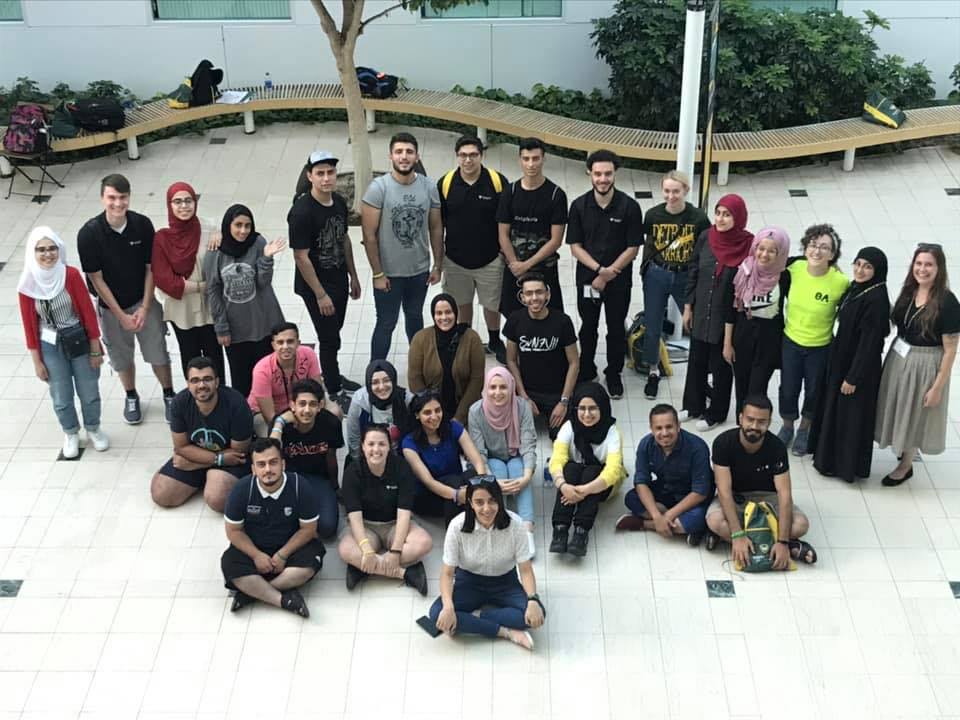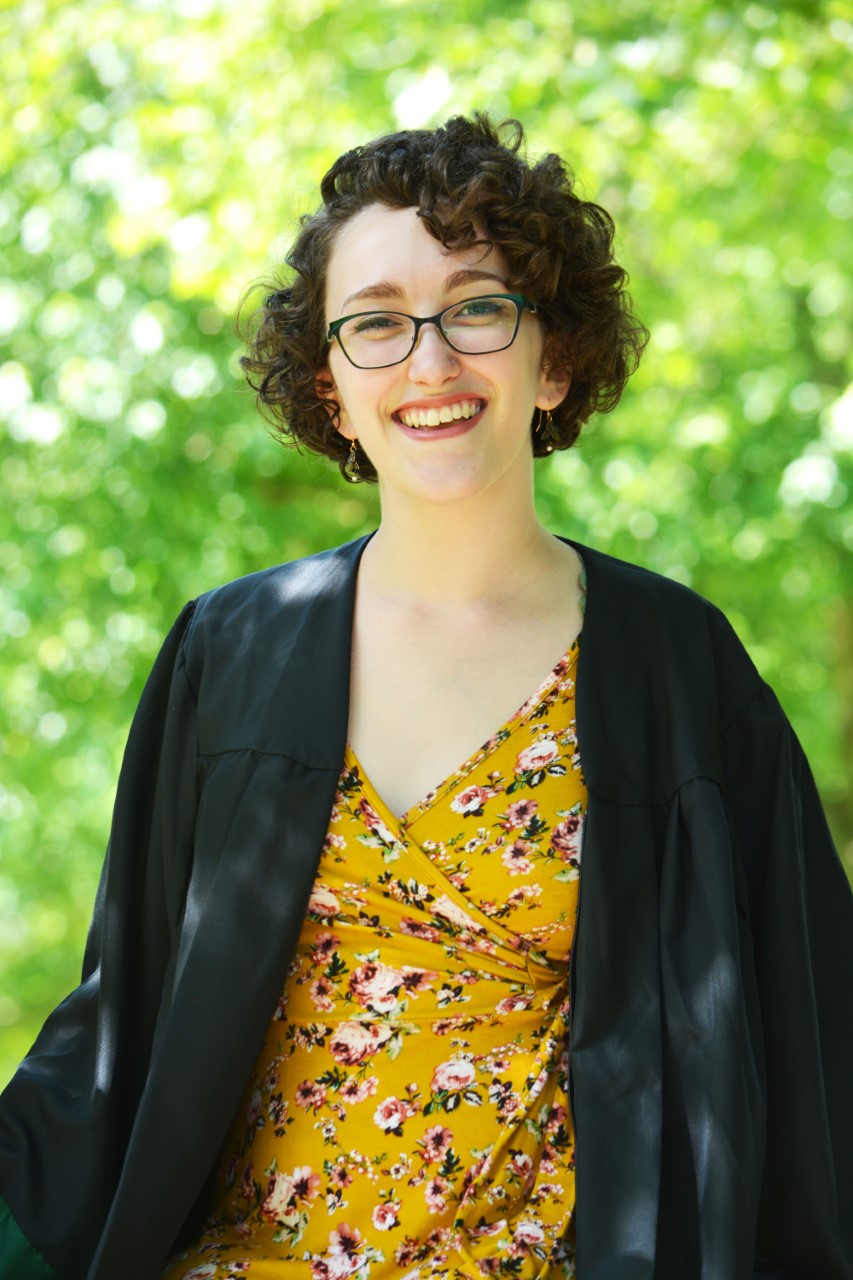Commission for Global Dimensions of Student Development
Monday, 14 October 2019 - 8:21am
By Lydia Funk
My passion for cross cultural communication and engagement led me to search for work in international education as a debut to my professional career. As it happened, my supervisor at my campus job knew an alumna who was studying and working in international education and put us in touch. She shared a hiring flyer with me; World Learning was looking for seasonal staff for dozens of international exchange programs. Since I was getting a degree in Francophone Studies, I thought I would apply to lead a group of American high schoolers through France for a month. In the application, I checked a box to be considered for other programs. However, because most of my student leadership experience has been peer-based, I was more familiar working with undergraduates than high schoolers. Six months later, I was on my way to staff training to be a group leader for the undergraduate class of the Iraqi Youth Leaders Exchange Program (IYLEP).
When I imagine international exchange programs, they are usually consistent and fairly straight-forward: a group of students from one country or culture travel to a new and unfamiliar place with the goal of immersing themselves in another culture. They major point of inquiry and discovery is the host culture, and the richness of dialogue grows in comparing the two, finding commonalities and sparking curiosity. In my experience, the focus of an international exchange is never on the diversity of the participants, but on the cross-cultural comparison.
In this, IYLEP is fundamentally different from other international programs as I understand them. This program, funded by the U.S. State Department, invites a cohort of Iraqi youth to spend a month in the United States learning about civic engagement and project management. The program hosts both high school and undergraduate programs, in which the entire class of participants attends an orientation program in the U.S. before traveling to host communities for an intensive three-week program. IYLEP culminates in a closing conference during which students are given the opportunity to synthesize their experiences and plan for their future community projects. Ultimately, the goal of IYLEP is to instill valuable skills in students who then return to their home communities to implement self-designed projects to improve some part of their society they feel needs support.

Picture: IYLEP students at Wayne State University with full-time university and student staff working on the program
My role as a Group Leader with IYLEP was to facilitate team building within my cohort of undergrad participants, travel with them from the orientation university to their host community (my cohort went to Detroit!), and back to Washington, D.C. for the closing conference. I also served as a mentor for conflict resolution and enforced program policies and expectations. Over the duration of the program, I had a lot of conversations with students to share about our respective cultures, the hallmark of any international program. We exchanged varied opinions about the cultural importance of Walmart and McDonalds, which many students wanted to visit. I learned about the different environments of their hometowns, and their favorite meals at home.
While the American-Iraqi exchanges filled our days with rich dialogue, some of the most productive dialogues took place between Iraqi students without any comparisons to American culture. The program intentionally cultivates a diverse class of students, and I witnessed a rich exchange between Arabs, Kurds, and Turkmen in my cohort; many of them had never had a significant interaction with peers of a different background before. They taught each other traditional dances, shared their favorite songs, and explained cultural practices that exist within their communities.
IYLEP certainly does not eradicate racism and xenophobia and Iraq any more than any monthlong program can. However, in providing exposure to such rich and varied experiences, participants in IYLEP are encouraged to facilitate and participate in critical dialogues, and they learn how to create inclusive and equitable communities when they see a lack. One of the biggest surprises I encountered on this program was that international exchange programs to not always succeed in the same way. IYLEPers devoted as much time to learning about each other as they did engaging with Americans. In a way. Traveling to the United States offered a neutral foil for Iraqi youth to interact in an environment that was equally unfamiliar for everyone.
I’m not sure where my career will lead me in the future, but working on IYLEP was an incredibly valuable first professional experience. Through this program, I have learned another way to use international exchange in educational experience, and that students can learn just as much from each other as from a teacher or facilitator. International exchange programs are so valuable because they can provide rewarding experiences even beyond what is intended at the start.

Bio of Lydia Funk
Lydia Funk recently graduated from the College of William & Mary with a BA in French and Francophone Studies and a minor in Middle Eastern Studies. She's passionate about cross-cultural communication and sustainability, and is constantly looking for ways to incorporate both into her work. She spent the summer learning from incredible students and colleagues on the Iraqi Youth Leaders Exchange Program. In October she will begin working as an English Teaching Assistant in Lille, France.

